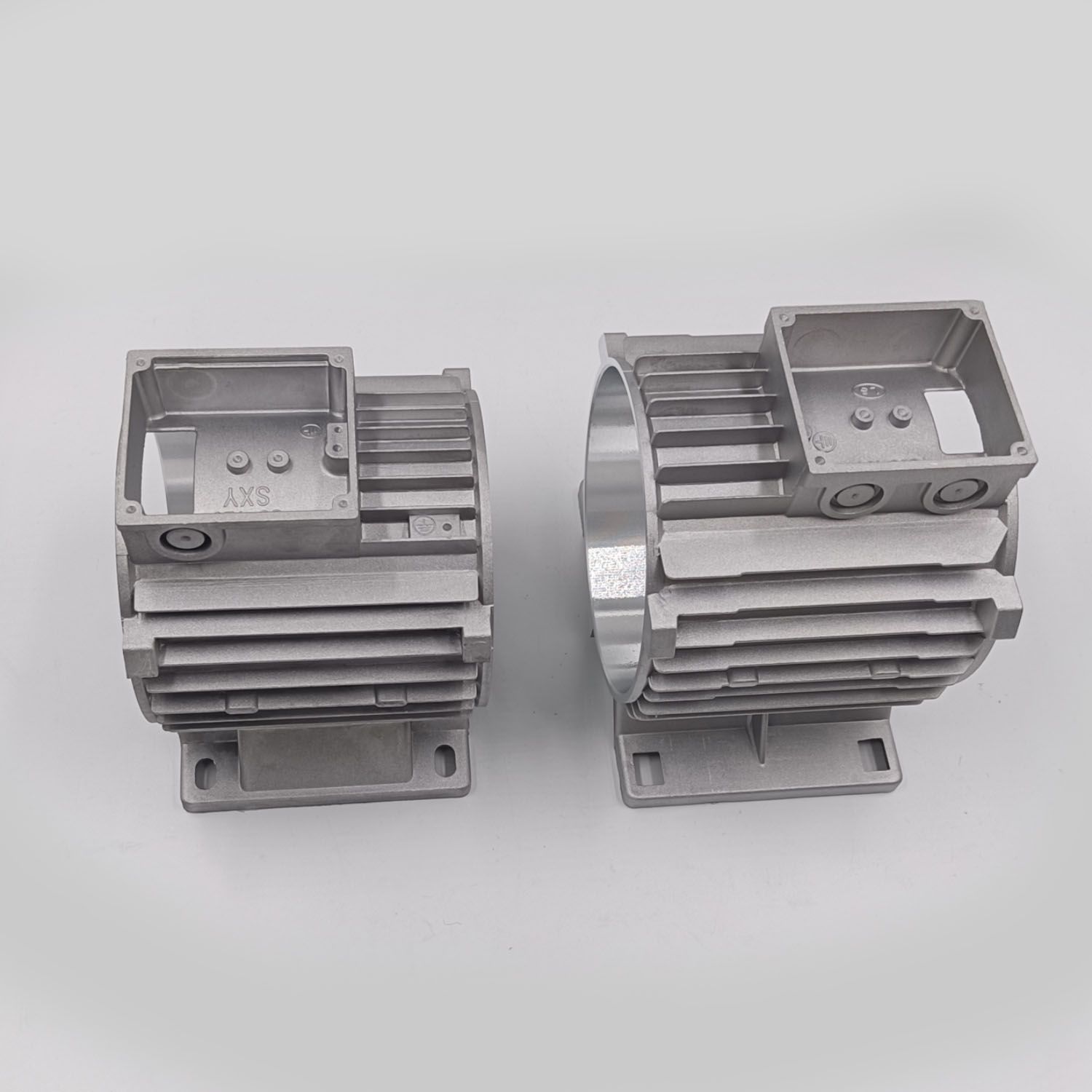Getting My Stahl Specialty Company To Work
Getting My Stahl Specialty Company To Work
Blog Article
Rumored Buzz on Stahl Specialty Company
Table of ContentsStahl Specialty Company Can Be Fun For AnyoneIndicators on Stahl Specialty Company You Should KnowThe smart Trick of Stahl Specialty Company That Nobody is Talking AboutNot known Facts About Stahl Specialty CompanyGet This Report on Stahl Specialty Company
The subtle distinction depends on the chemical content. Chemical Comparison of Cast Aluminum Alloys Silicon advertises castability by decreasing the alloy's melting temperature level and boosting fluidness during casting. It plays a critical role in enabling complex mold and mildews to be filled accurately. Furthermore, silicon adds to the alloy's toughness and put on resistance, making it valuable in applications where resilience is critical, such as auto components and engine parts.It also boosts the machinability of the alloy, making it much easier to process right into completed products. This way, iron adds to the general workability of aluminum alloys. Copper raises electric conductivity, making it advantageous in electric applications. It also enhances corrosion resistance and includes in the alloy's total strength.
Manganese adds to the toughness of aluminum alloys and enhances workability. Magnesium is a light-weight element that supplies toughness and impact resistance to light weight aluminum alloys.
It permits the manufacturing of lightweight parts with excellent mechanical homes. Zinc boosts the castability of light weight aluminum alloys and helps manage the solidification procedure throughout casting. It improves the alloy's stamina and solidity. It is often discovered in applications where complex forms and fine details are required, such as ornamental spreadings and particular auto components.
Not known Facts About Stahl Specialty Company
Since aluminum-silicon alloys have great casting homes, high gas residential properties, basic processes, and excellent corrosion resistance, aluminum-silicon alloys are most commonly made use of in the die-casting sector in the house and abroad. At the very same time, aluminum-silicon alloys are likewise fairly early and widely acknowledged alloys developed and used in die-casting. After continuous research and renovation, a lot of the present international mainstream aluminum-silicon alloys have actually been settled and are nothing greater than A356, A360, A380, ADC12, B390, and A413.
The main thermal conductivity, tensile toughness, yield toughness, and elongation vary. Amongst the above alloys, A356 has the highest thermal conductivity, and A380 and ADC12 have the cheapest.

The 30-Second Trick For Stahl Specialty Company
In precision spreading, 6063 is appropriate for applications where intricate geometries and high-quality surface area finishes are paramount. Instances consist of telecommunication units, where the alloy's remarkable formability enables for streamlined and visually pleasing designs while preserving architectural stability. Similarly, in the Illumination Solutions industry, precision-cast 6063 components create classy and effective lights fixtures that call for intricate shapes and excellent thermal performance.
(https://ameblo.jp/stahlspecialc/entry-12878603049.html)
It results in a better surface coating and better rust resistance in A360. Furthermore, the A360 shows exceptional prolongation, making it optimal for facility and thin-walled elements. In accuracy spreading applications, A360 is appropriate for industries such as Consumer Electronic Devices, Telecommunication, and Power Tools. Foundry. Its boosted fluidity enables elaborate, high-precision parts like mobile phone coverings and communication gadget real estates.

In precision spreading, light weight aluminum 413 shines in the Consumer Electronic Devices and Power Equipment industries. This alloy's superior deterioration resistance makes it an outstanding option for outdoor applications, site here making certain resilient, resilient items in the stated industries.
Not known Facts About Stahl Specialty Company
The light weight aluminum alloy you choose will substantially influence both the casting procedure and the buildings of the last product. Due to the fact that of this, you need to make your decision meticulously and take an educated method.
Figuring out the most suitable aluminum alloy for your application will certainly mean evaluating a vast range of characteristics. The initial category addresses alloy attributes that affect the manufacturing procedure.
The alloy you select for die spreading directly impacts a number of facets of the casting process, like how very easy the alloy is to work with and if it is prone to casting flaws. Warm breaking, likewise called solidification fracturing, is a typical die casting problem for light weight aluminum alloys that can cause inner or surface-level tears or cracks.
Stahl Specialty Company for Dummies
Specific light weight aluminum alloys are a lot more prone to hot splitting than others, and your choice ought to consider this. Another usual issue found in the die spreading of light weight aluminum is die soldering, which is when the actors stays with the die wall surfaces and makes ejection difficult. It can damage both the actors and the die, so you need to look for alloys with high anti-soldering homes.
Corrosion resistance, which is currently a remarkable quality of aluminum, can differ significantly from alloy to alloy and is a vital characteristic to think about depending on the ecological conditions your item will be revealed to. Wear resistance is an additional building generally looked for in light weight aluminum products and can separate some alloys.
Report this page